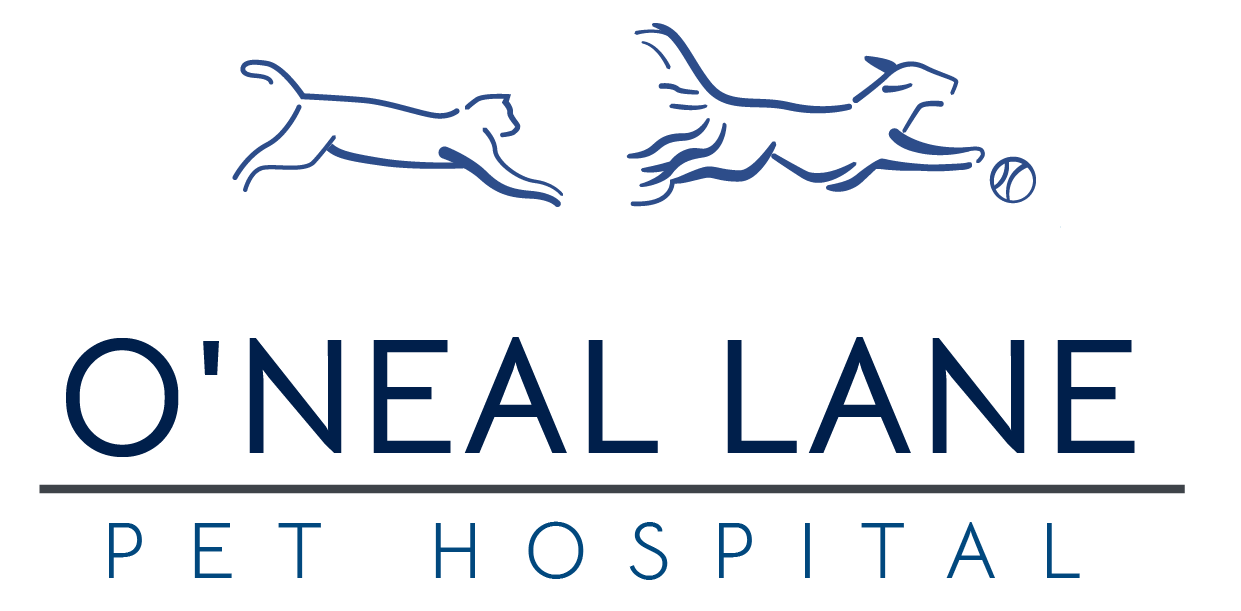Cats are pretty self-sufficient animals. Unlike their canine counterparts, they can usually take care of themselves, given their necessary items like food, water, and a clean litter box. It isn’t until they are about ten years old when we start to notice that they may not be feeling their greatest. One of the first things that could affect an older cat, which will change their eating and drinking habits is the development of Chronic kidney disease (CKD). CKD is a frightening diagnosis to hear, but it’s also refreshing to hear that it affects more than ⅓ of cats as they age, so veterinarians are well-versed in treatment.
As Chronic Kidney Disease can be an ongoing issue within older cats, the best plan is to keep your vet on call, whether it’s phone or email. Having a positive relationship and lots of communication through these portals can keep you and your cat from making lots of minor trips to the vet.
Chronic Kidney Disease may show up in affected cats often present with a mix of signs:
- Urinary Tract Infections
- Hypertension(high blood pressure)
- Not wanting to eat or drink
- Nausea & vomiting
With signs like the above list, it may seem easy to predict if your cat has CKS. Though these signs can be very minimal, and as all cat owners know, our kitties do an exceptional job of pretending like nothing is wrong, ever. There is a basic renal test that can be done so that vets can make an educated assumption of the issue, but as this is a chronic issue, it’s more about management and monitoring quality of life.
Routine assessments and blood tests are critical in keeping us up to date on how the kidneys are functioning, and use of medications, if other organs start to start to show a slow down as well.
The first and foremost go-to treatment are getting the cat on a diet that is supported for a positive renal function.These renal diets are not only the most painless treatment, but given the cat cooperates with the diet, and improve the quality of life. A common issue, though, as well all know with our very selective felines, is that if they don’t like it, they don’t want to eat it. A common practice is an experimentation with different types of foods (wet and dry) that supported renal function.
The team at Brodheadsville Veterinary Clinic is well-versed in chronic kidney disease and can come up with a plan to make life easier on your pet. Please give us a call if your almost-senior kitty is starting to form some signs and behaviors indicating that they are feeling discomfort or from the above list.
